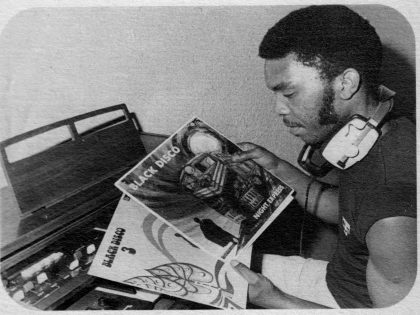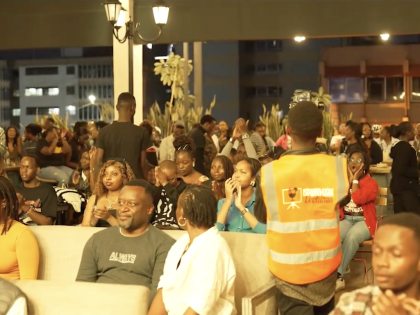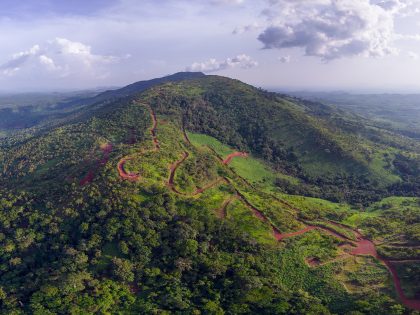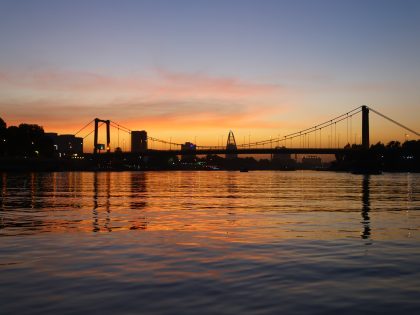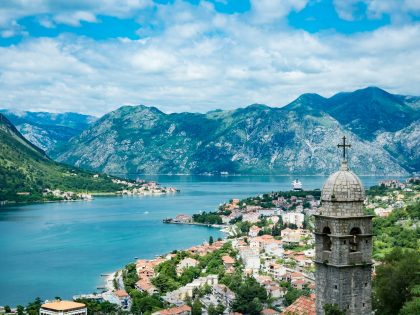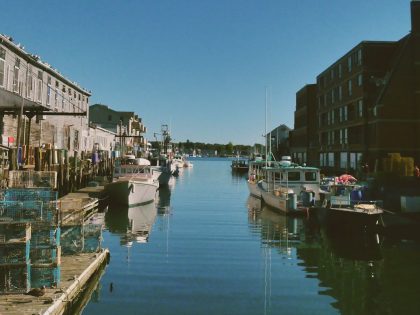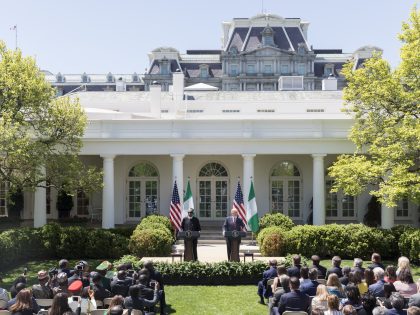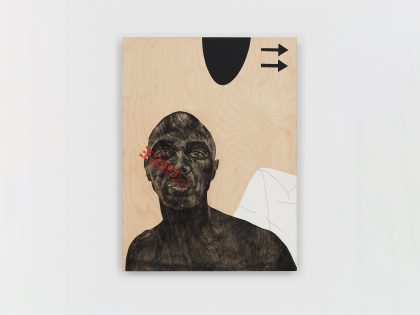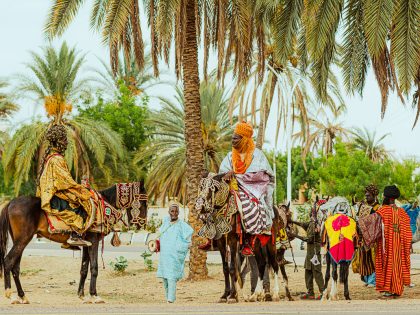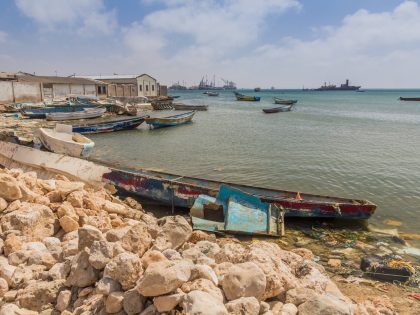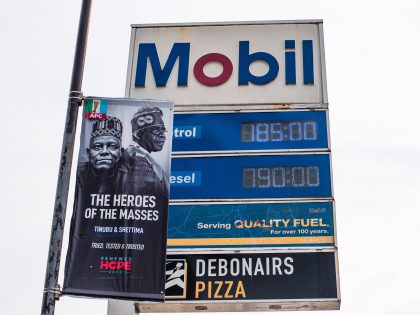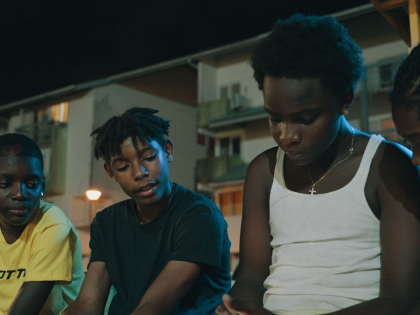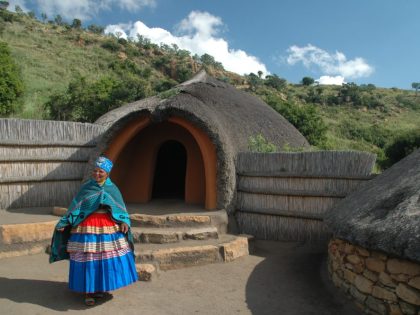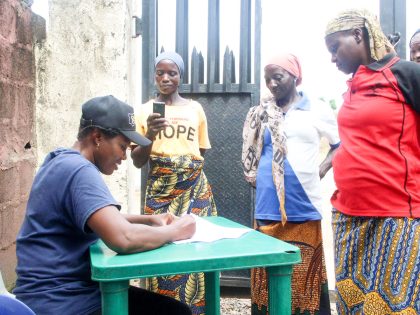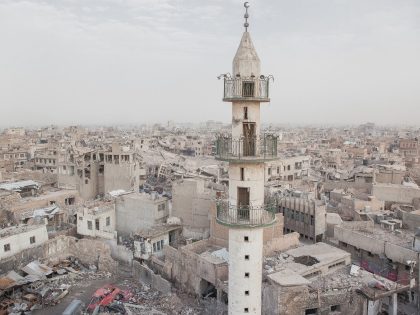Naija, London

Photographer Liz Johnson Artur, first arrived in Peckham, London, 20 years ago to live. A neighborhood of mostly high rise public housing blocks, Peckham is considered one of the poorest neighborhoods in Britain, is associated with high crime and high unemployment. Liz (who has been featured on AIAC before) writes in an email, that the occasional, mostly sensational, headlines of Peckham, totally misrepresent life as it is for a majority of people there. The people of Peckham “… has treated me well and make it a good place.” What Peckham also has is diversity. More than a third of the residents are immigrants from Africa, almost 20% are from the Caribbean. Smaller numbers of whites and South Asians make up the rest. There’s also been some gentrifying. The heart of Peckham is Rye Lane, its commercial strip. Liz has been photographing the denizens and visitors of Rye Lane. Here, with her permission, are a selection of her images of Rye Lane. More photographs of Rye Lane on Liz’s site, Black Balloon Archive.



